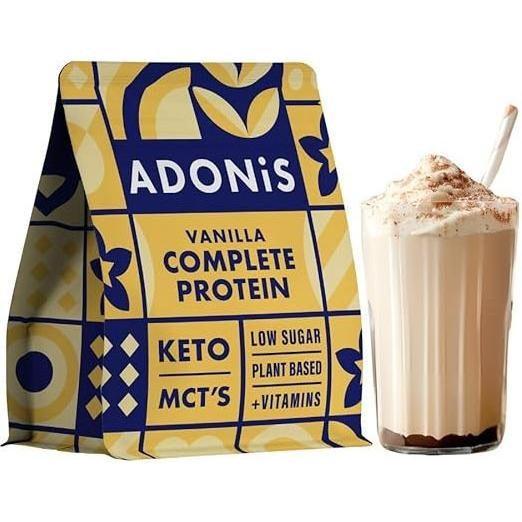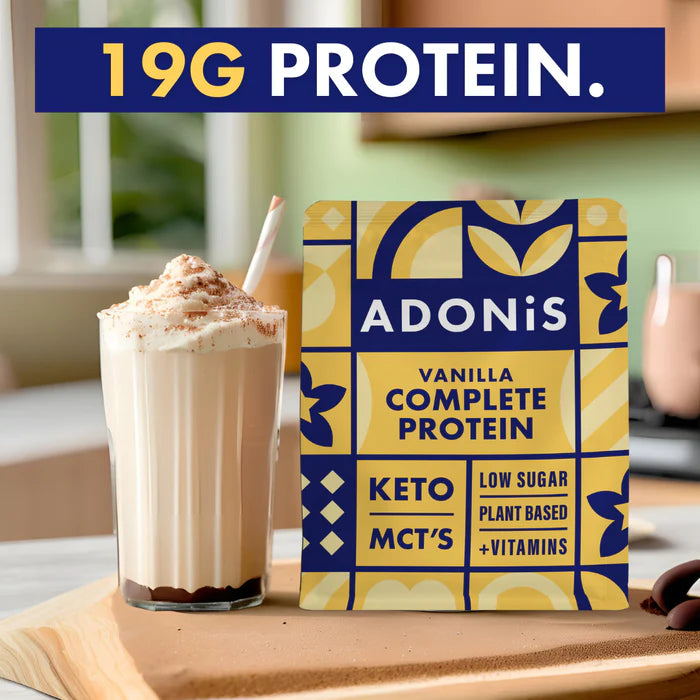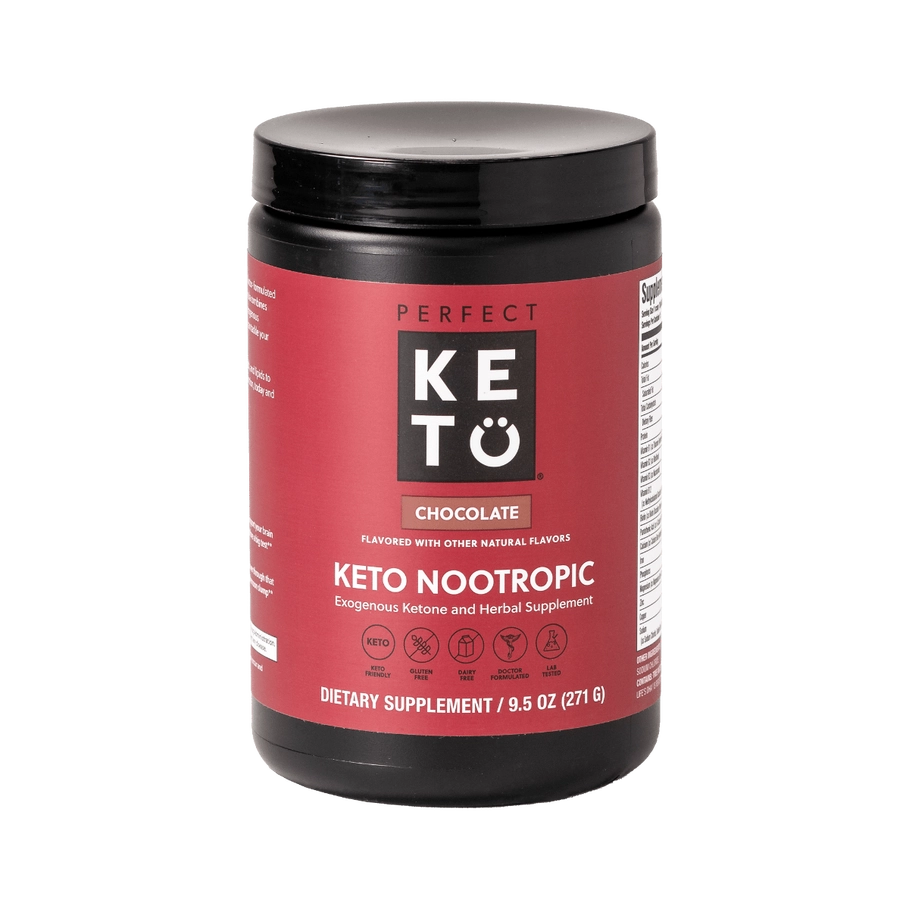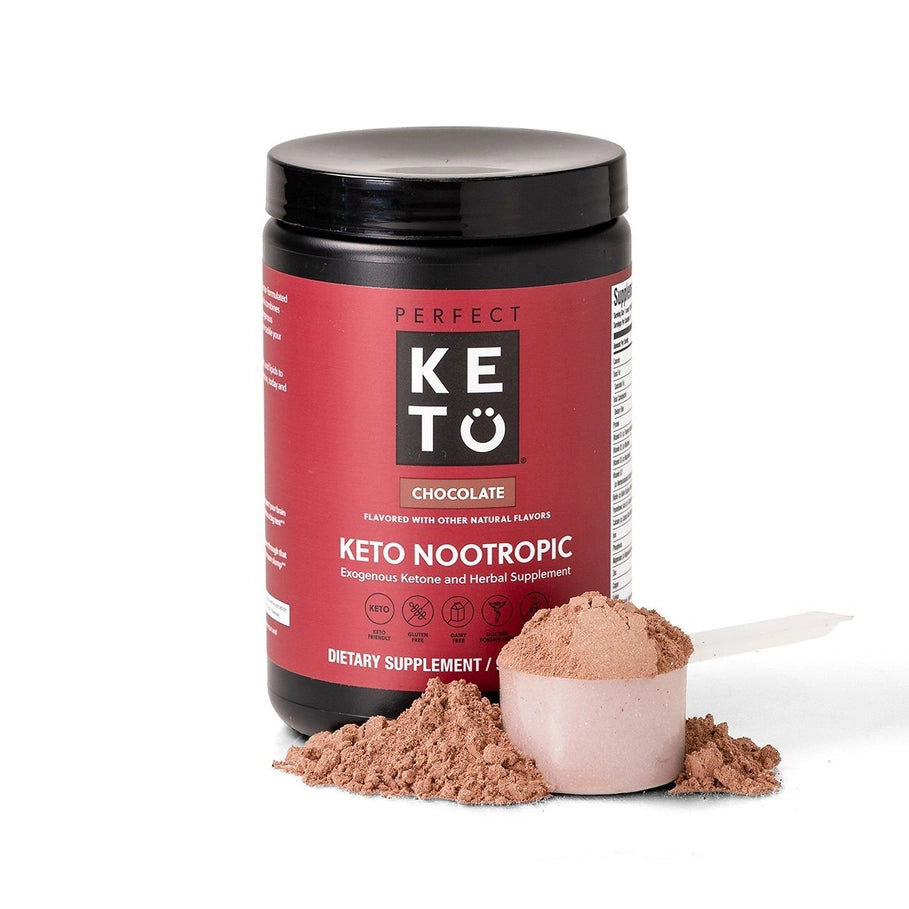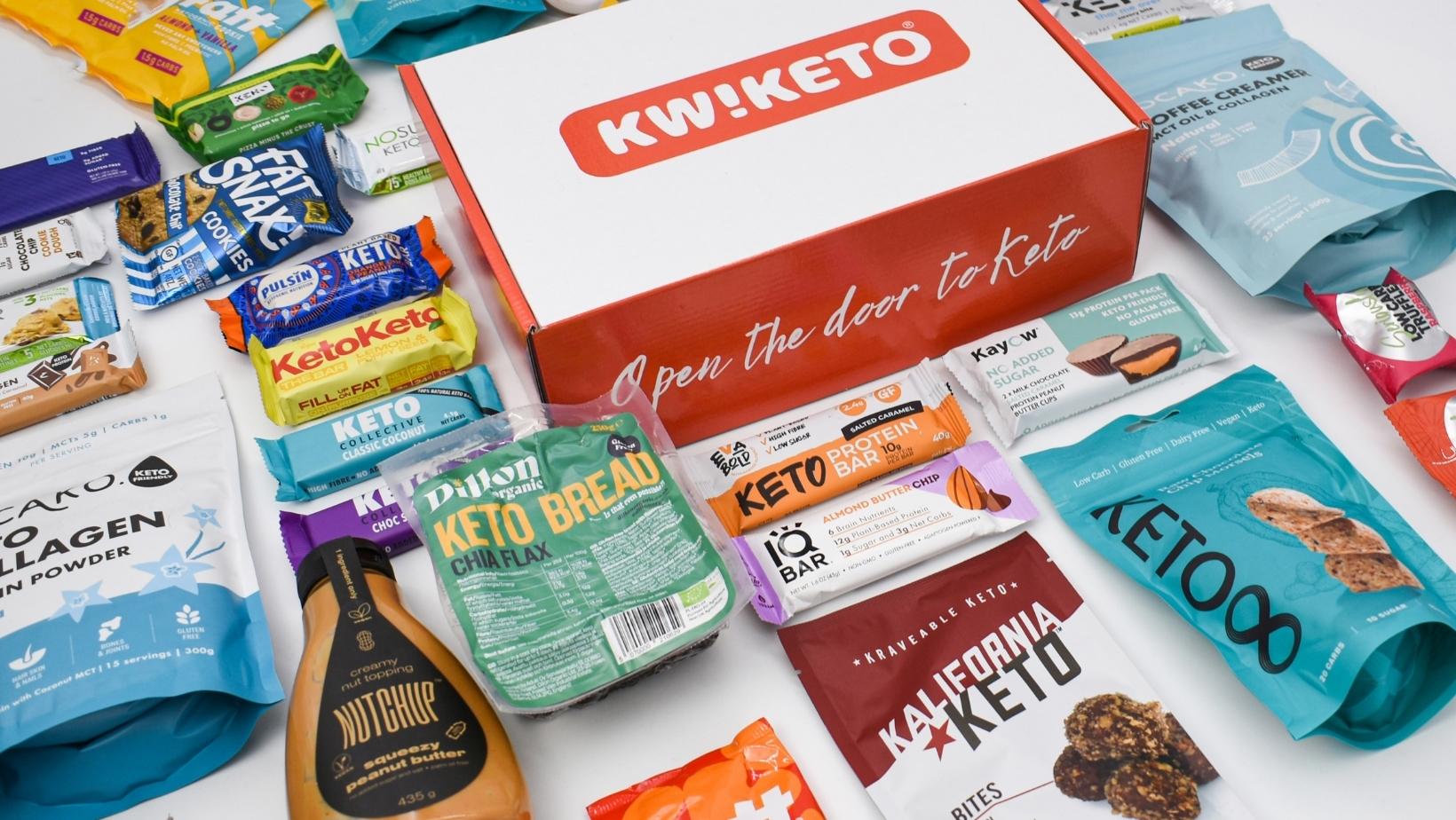
Debunking 12 Common Myths About Keto Diet
Embracing the Ketogenic Lifestyle: Dispelling Prevalent Misconceptions
The ketogenic diet has gained immense popularity in recent years, hailed for its potential to promote weight management, enhance cognitive function, and support overall well-being. However, as with any dietary approach, numerous myths and misconceptions have emerged, often perpetuated by misinformation or lack of understanding. In this comprehensive article, we aim to debunk these common myths, empowering you with factual knowledge to make informed decisions about embracing the ketogenic lifestyle.
Myth 1: Keto and Low-Carb Diets Are Synonymous
While the ketogenic and low-carb diets share similarities in their emphasis on reducing carbohydrate intake, they are not interchangeable terms. The ketogenic diet is a specific metabolic state achieved by drastically limiting carbohydrate consumption, typically to 20-50 grams per day. This restriction prompts the body to enter a state of ketosis, where it primarily relies on fat as its primary fuel source, producing ketone bodies for energy.
In contrast, a low-carb diet may not necessarily induce ketosis, as it allows for a higher carbohydrate intake than the ketogenic approach. The distinction lies in the degree of carbohydrate restriction and the resulting metabolic adaptations.
Myth 2: Ketosis Leads to Diabetic Ketoacidosis
One of the most prevalent concerns surrounding the ketogenic diet is the misconception that it can lead to diabetic ketoacidosis, a potentially life-threatening condition. However, this fear is unfounded, as nutritional ketosis and diabetic ketoacidosis are two distinct physiological states.
Nutritional ketosis, the metabolic state achieved through the ketogenic diet, is a controlled and regulated process. It involves the breakdown of fat reserves into ketone bodies, which serve as an alternative fuel source for the body and brain. This process occurs in the absence of insulin deficiency and is generally considered safe for most individuals.
Diabetic ketoacidosis, on the other hand, is a complication that can occur in individuals with type 1 diabetes or, in some cases, type 2 diabetes. It arises from a lack of insulin, leading to the accumulation of excessive ketone bodies and a dangerous imbalance in blood pH levels. This condition requires immediate medical attention and should not be confused with the controlled state of nutritional ketosis.
Myth 3: The Keto Diet Causes Muscle Loss
Contrary to the belief that the ketogenic diet leads to muscle loss, emerging research suggests that it can actually support muscle preservation and even potential muscle growth when combined with strength training and adequate protein intake.
The key lies in maintaining a sufficient protein intake, typically around 20-30% of total caloric intake, to support muscle synthesis and repair. Additionally, the metabolic state of ketosis has been shown to have a muscle-sparing effect, as the body preferentially utilizes fat as fuel while preserving lean muscle mass.
Furthermore, many individuals following the ketogenic diet report increased energy levels and improved exercise performance, which can further contribute to muscle maintenance and development when coupled with a structured resistance training program.
Myth 4: Keto Is Unsustainable in the Long Term
The perception that the ketogenic diet is unsustainable in the long term often stems from the misconception that it is overly restrictive and lacks variety. However, this myth can be easily debunked by understanding the principles and flexibility of the ketogenic approach.
While the diet does require a significant reduction in carbohydrate intake, it does not necessarily equate to deprivation or a lack of culinary diversity. The ketogenic lifestyle encourages the consumption of a wide range of nutrient-dense foods, including various meats, fish, eggs, low-carb vegetables, healthy fats, and even low-glycemic fruits in moderation.
By embracing a mindset of culinary creativity and exploring the vast array of keto-friendly recipes and meal plans, individuals can enjoy a diverse and satisfying dietary experience. Additionally, many individuals report experiencing reduced cravings and increased satiety on the ketogenic diet, making it easier to adhere to in the long run.
Myth 5: Keto Diets Increase Cholesterol and Heart Disease Risk
The notion that the ketogenic diet, with its emphasis on high-fat intake, will inevitably lead to increased cholesterol levels and heightened risk of heart disease is a common misconception. However, research suggests a more nuanced relationship between dietary fat, cholesterol, and cardiovascular health.
While it is true that the ketogenic diet encourages the consumption of healthy fats, such as those found in avocados, nuts, and olive oil, it also promotes the elimination of processed and trans fats, which are known contributors to elevated cholesterol levels and cardiovascular issues.
Additionally, the ketogenic diet has been shown to have a positive impact on various biomarkers associated with heart health, such as reducing triglyceride levels, improving HDL (good) cholesterol levels, and lowering blood pressure. These beneficial effects may offset any potential concerns related to cholesterol levels, particularly when the diet is implemented correctly and with a focus on nutrient-dense, whole foods.
Myth 6: There Is No Scientific Evidence Supporting the Keto Diet
Despite the prevalence of this myth, the ketogenic diet has a long-standing history and a growing body of scientific research supporting its potential benefits. The origins of the ketogenic diet can be traced back to the 1920s when it was initially developed at Johns Hopkins Medical Center as a treatment for epilepsy in children.
Since then, numerous studies have explored the effects of the ketogenic diet on various health conditions, including weight management, type 2 diabetes, neurological disorders, and even certain types of cancer. While more research is still needed, the existing evidence suggests that the ketogenic diet can offer a range of potential benefits when implemented under proper guidance and supervision.
Myth 7: Keto Diets Lack Fiber
The belief that the ketogenic diet is inherently low in fiber is a common misconception that can be easily dispelled. While it is true that many high-carbohydrate foods, such as grains and certain fruits, are limited on the keto diet, there are numerous fiber-rich options that can be incorporated into a well-rounded ketogenic meal plan.
Fibrous vegetables like leafy greens, cruciferous vegetables (e.g., broccoli, cauliflower), and low-carb fruits like avocado and berries can provide ample fiber to support digestive health and overall well-being. Additionally, incorporating nuts, seeds, and low-carb alternatives like chia seeds and flaxseeds can further boost fiber intake on the ketogenic diet.
By carefully planning meals and incorporating a variety of fiber-rich foods, individuals following the keto diet can easily meet their daily fiber requirements and maintain optimal digestive function.
Myth 8: Keto Diets Lack Variety
The perception that the ketogenic diet lacks variety stems from a misunderstanding of the diverse range of foods that can be included in this dietary approach. While it does necessitate the elimination of certain high-carbohydrate foods, the ketogenic diet encompasses a wide array of nutrient-dense options that can be combined in creative and delicious ways.
From various cuts of meat and fish to an abundance of low-carb vegetables, nuts, seeds, and healthy fats, the ketogenic diet offers a vast culinary playground for exploration. Additionally, the rise of keto-friendly recipes and cookbooks has further expanded the possibilities, allowing individuals to enjoy a diverse and flavorful dining experience.
By embracing culinary creativity and exploring the vast array of keto-friendly ingredients and recipes, individuals can dispel the myth of a lack of variety and discover a world of delectable and satisfying meals that align with their dietary goals.
Myth 9: Keto Diets Promote Inflammation
Contrary to the belief that the ketogenic diet contributes to inflammation, research suggests that it may actually have anti-inflammatory effects. Chronic inflammation has been linked to various health issues, including obesity, metabolic disorders, and certain chronic diseases.
The ketogenic diet, with its emphasis on eliminating highly processed and refined carbohydrates, can help reduce inflammation by stabilizing blood sugar levels and promoting a healthier metabolic state. Additionally, the diet encourages the consumption of nutrient-dense, anti-inflammatory foods like fatty fish, leafy greens, and healthy fats, which can further support the body's natural anti-inflammatory processes.
By reducing the intake of pro-inflammatory foods and promoting the consumption of anti-inflammatory nutrients, the ketogenic diet may play a role in mitigating chronic inflammation and supporting overall well-being.
Myth 10: Achieving Ketosis Takes Weeks
The belief that it takes an extended period, such as a month or more, to achieve ketosis is a common misconception. While the process of becoming fully fat-adapted may take several weeks or even months, the initial transition into a state of ketosis can occur relatively quickly.
For most individuals following a well-formulated ketogenic diet, the body can enter a state of mild ketosis within the first 24-48 hours of drastically reducing carbohydrate intake. During this initial phase, the body begins to deplete its glycogen stores and shifts its primary fuel source from glucose to fat, leading to the production of ketone bodies.
However, it's important to note that the rate at which individuals enter ketosis can vary depending on factors such as their starting metabolic state, physical activity levels, and individual metabolic differences. Monitoring ketone levels through urine, breath, or blood testing can provide valuable insights into the progression of ketosis and aid in making necessary dietary adjustments.
Myth 11: Keto Diets Deprive the Brain of Glucose
The notion that the ketogenic diet deprives the brain of its primary fuel source, glucose, is a common misconception. While it is true that the diet significantly reduces carbohydrate intake, the brain is remarkably adaptable and can effectively utilize alternative fuel sources, such as ketone bodies.
During nutritional ketosis, the body produces ketone bodies from the breakdown of fat reserves. These ketone bodies serve as an efficient and readily available fuel source for the brain, providing up to 70% of its energy needs. In fact, some research suggests that the brain may even prefer ketone bodies as a fuel source, potentially leading to enhanced cognitive function and mental clarity.
Furthermore, the ketogenic diet has been studied for its potential neuroprotective effects, with some evidence suggesting that it may help mitigate neurodegenerative diseases and improve brain health overall. By providing an alternative fuel source and potentially reducing oxidative stress and inflammation, the ketogenic diet supports brain function rather than depriving it.
Myth 12: Keto Diets Are Inherently Dangerous
The perception that the ketogenic diet is inherently dangerous is a widespread misconception that often stems from a lack of understanding or misinformation. Like any dietary approach, the ketogenic diet should be implemented under proper guidance and supervision, particularly for individuals with certain medical conditions or specific dietary requirements.
However, when followed correctly and with appropriate monitoring, the ketogenic diet is generally considered safe for most individuals. It is a well-established dietary therapy with a long history of use in the treatment of various medical conditions, such as epilepsy and certain metabolic disorders.
Furthermore, the ketogenic diet emphasizes the consumption of nutrient-dense, whole foods and encourages the elimination of highly processed and refined products, which can contribute to overall health and well-being. By adhering to the principles of the diet and seeking guidance from qualified healthcare professionals or nutritionists, individuals can safely and effectively navigate the ketogenic lifestyle without compromising their health.
In conclusion
The ketogenic diet has been the subject of numerous myths and misconceptions, often stemming from a lack of understanding or misinformation. By debunking these common myths, we hope to empower individuals with factual knowledge, enabling them to make informed decisions about embracing the ketogenic lifestyle. Whether your goal is weight management, improved cognitive function, or overall well-being, the ketogenic approach offers a viable and potentially beneficial dietary option when approached with proper guidance and an open mind.

